My Top Resources to Learn About Money Around the Internet

There are a lot of places to seek out financial advice on the internet. Which is great news! Many of us don’t receive good education on finances when we are younger. When we become adults, we either don’t seek or don’t find the information we need to have healthy finances.
One of the main ways to fix this problem is very simple: self-education! Once you start learning about money and start paying attention to your own financial matter, the hardest part is over. And thanks to the Internet, that is easier than ever.
The last time I put out a resource list on financial education was 2018, and while those resources are all still wonderful, I thought it might be time for an update. So, without further ado, here are my current top resources to learn about money around the internet (plus a few books).
Business Finance Resources
Profit Boss Radio by Hilary Hendershott is a great resource on both business and personal finance topics. She focuses on financially empowering women to be financially successful business owners.
Hadassah Damien of Ride Free Fearless Money has become an inspiration of mine over the last few years. Her content is a mix of business and personal resources. She has an excellent blog, Diva is a Hustler, and a great podcast, Bottom Lines, Top Dollars.
Mikelann Valterra is an awesome money coach who has lots of great content that can apply to both personal and business/professional sides of finance. She has a blog and a whole tab of free resources. 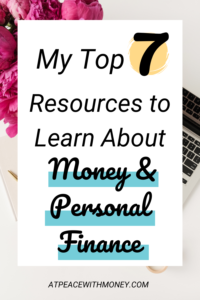
Personal Finance Resources
Afford Anything is Paula Pant’s podcast, chock-full of useful personal finance info and advice. She makes a lot of content specifically about investing and retirement.
The Bad With Money Podcast with Gaby Dunn is a great resource covering mostly personal finance topics that’s excellent for younger generations and queer folks who feel alienated by other finance resources. Gaby’s tagline say it all: “I’m a money podcast but I’m not scary.”
Karen McCall, creator of MoneyGrit (R), which is an excellent money management tool that I recommend for both personal and business finances, writes an excellent blog too! Her recent series on clothing deprivation and refreshing your wardrobe in a money-conscious way is a great resource.
Stacking Benjamins is a wonderful podcast I’ve been listening to for years. They provide great insights for overall financial learning and offer a lot of resources and interviews.
While we’re talking resources, I should probably mention that the At Peace With Money newsletter is a great free resource to subscribe to.
Subscribers receive my weekly blog posts straight to their inbox, plus a monthly tailored newsletter with customized financial tips. They also receive free access to my full library of e-Books! Click below to join us, it’s a good place to be!


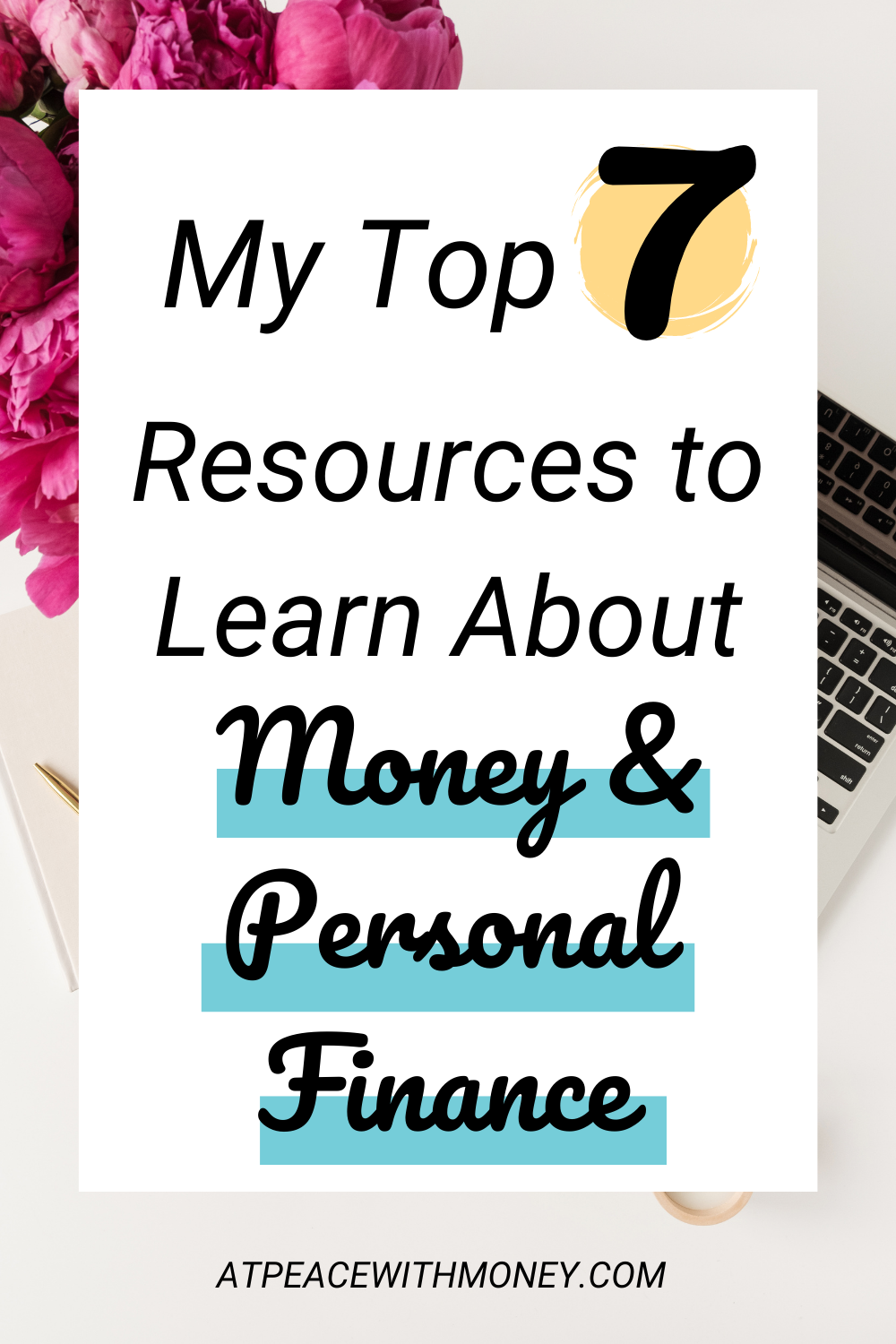


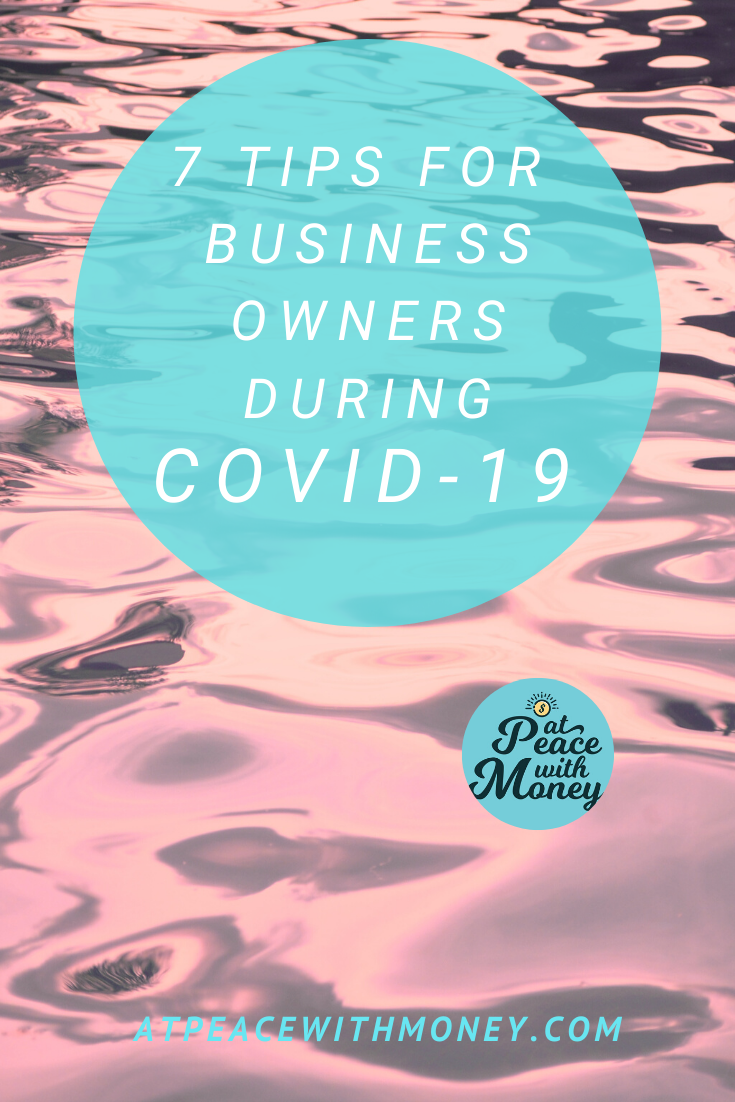

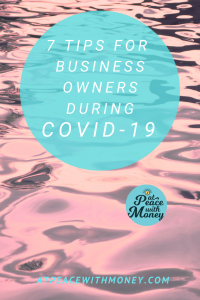 File Your Taxes On-Time!
File Your Taxes On-Time!

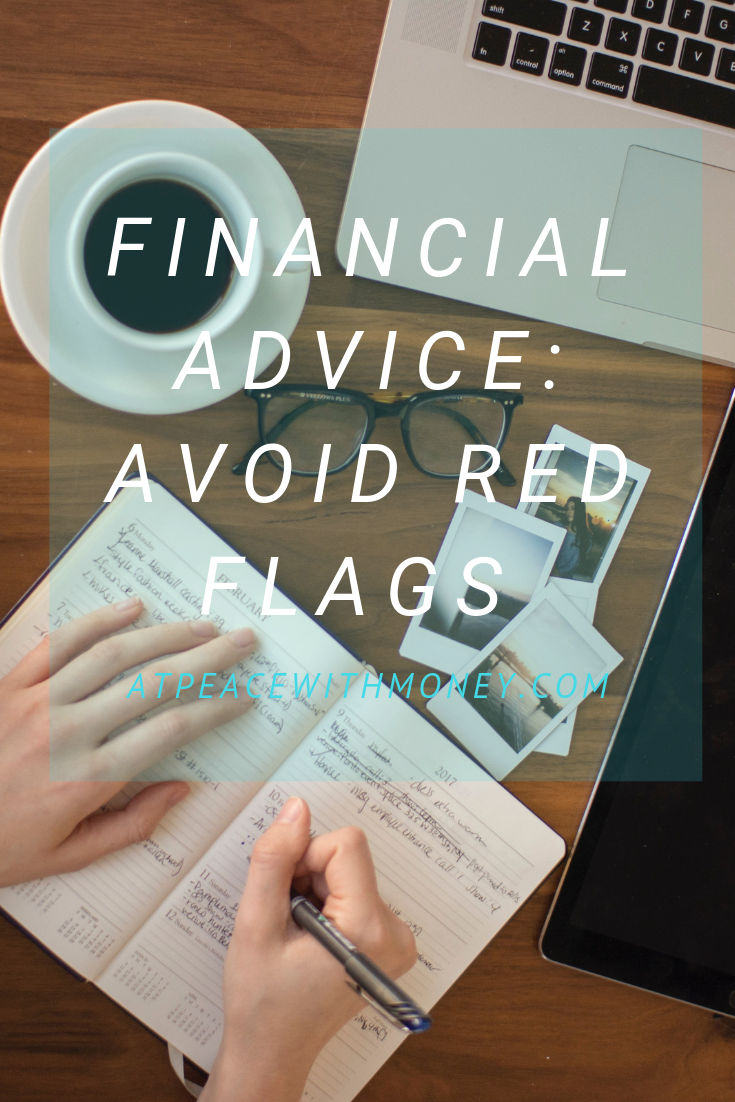

 If a resource ticks all these boxes for you, it will probably set you down the path to financial wellbeing! And it will feel a lot better than trying to read something that just isn’t for you. Next time, we’ll talk about starting the search for resources. For now, feel free to do some good ol’ googling. You can also check out my article on
If a resource ticks all these boxes for you, it will probably set you down the path to financial wellbeing! And it will feel a lot better than trying to read something that just isn’t for you. Next time, we’ll talk about starting the search for resources. For now, feel free to do some good ol’ googling. You can also check out my article on 


 Now it’s time to find some good resources that meet your criteria. Some googling might help with this, but you can also check out my post on
Now it’s time to find some good resources that meet your criteria. Some googling might help with this, but you can also check out my post on 


 Finally, I want to add a note about the need for diversification. Any professional will tell you that it’s important not to put all your eggs in one basket.
Finally, I want to add a note about the need for diversification. Any professional will tell you that it’s important not to put all your eggs in one basket. 


 In my monthly newsletter (
In my monthly newsletter (


 Further Reading
Further Reading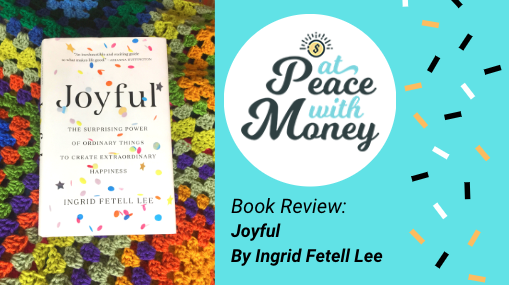
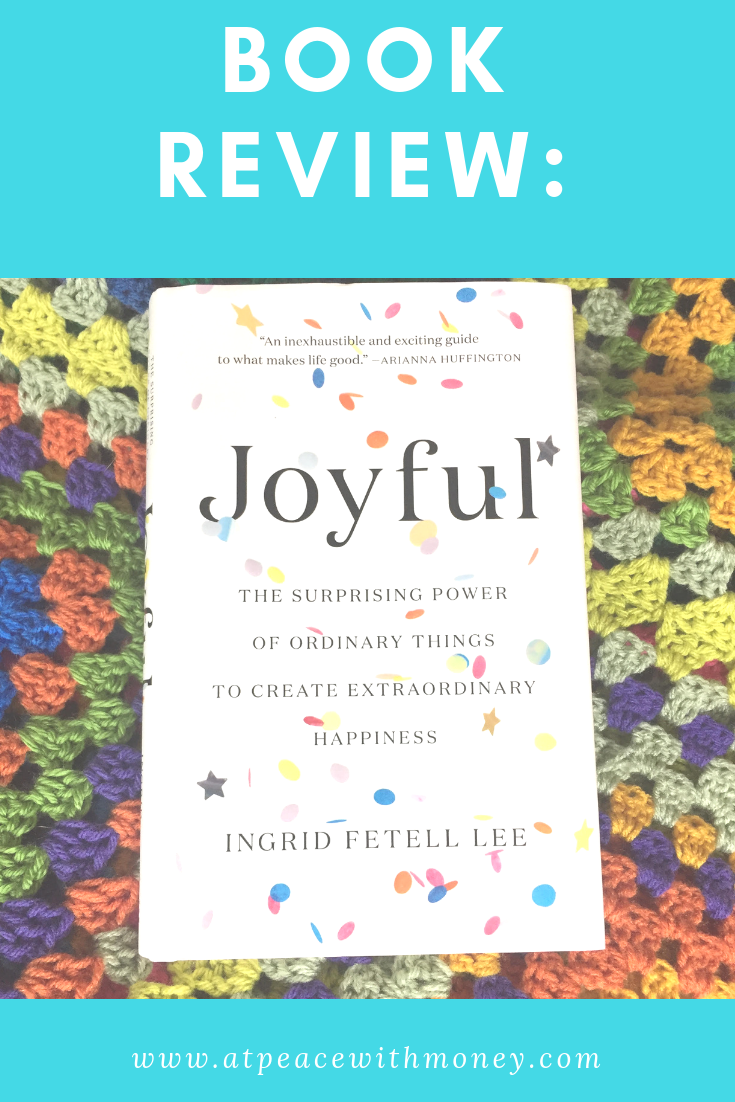
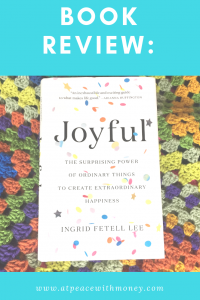 brings me joy. Expect chapter titles like Abundance, Harmony, and Magic! Each chapter includes an overview and the science behind these aesthetics of joy. Then, she articulates easily attainable ideas and examples to bring in more of each element.
brings me joy. Expect chapter titles like Abundance, Harmony, and Magic! Each chapter includes an overview and the science behind these aesthetics of joy. Then, she articulates easily attainable ideas and examples to bring in more of each element. 


 having to take all that time and effort to take your paycheck to the bank. Even if you have your own business and have varying income, you can create a solopreneur paycheck using the Profit First system. If you’re interested in reading more about this, I recommend my posts
having to take all that time and effort to take your paycheck to the bank. Even if you have your own business and have varying income, you can create a solopreneur paycheck using the Profit First system. If you’re interested in reading more about this, I recommend my posts 
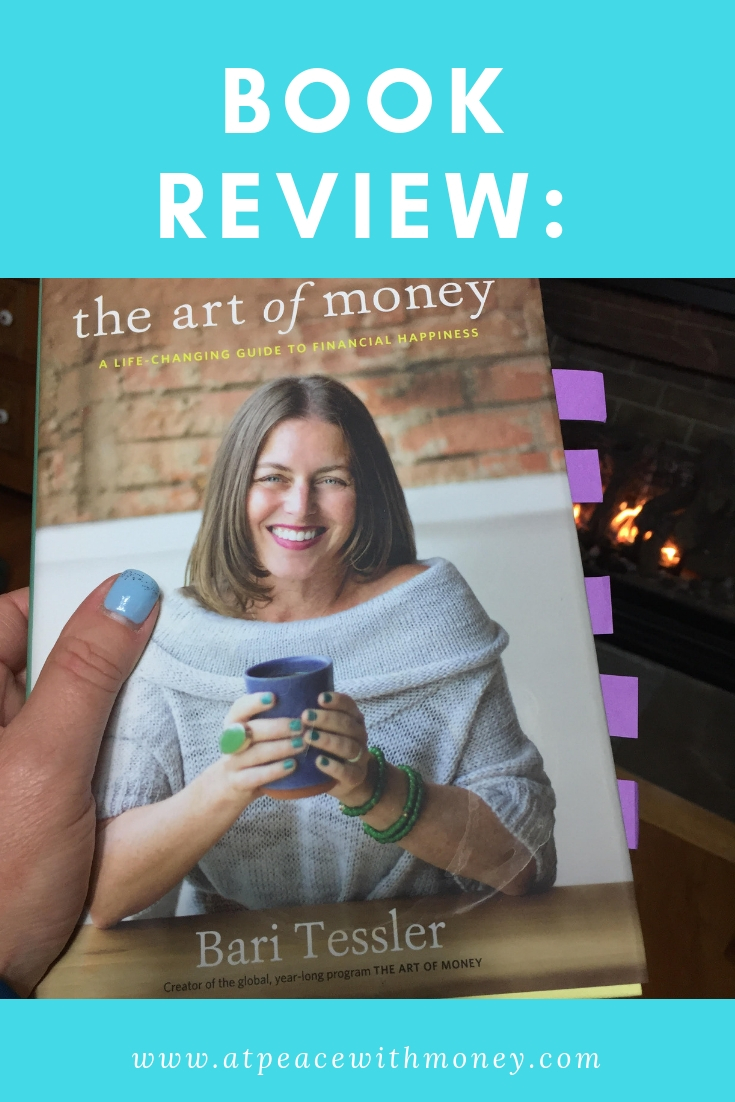
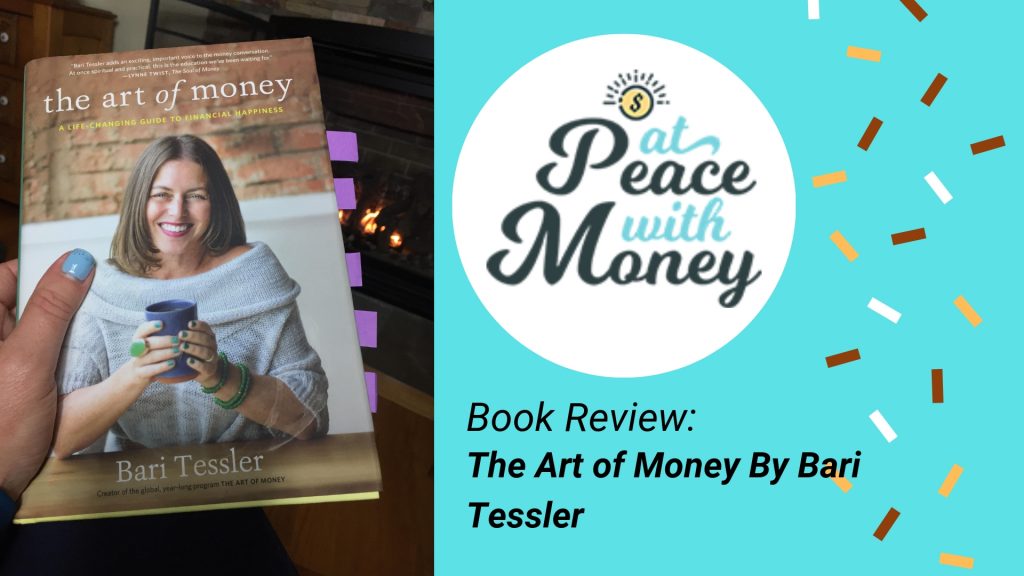
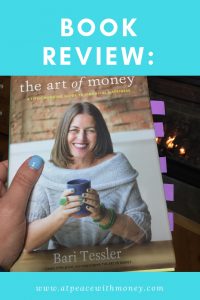 Her final phase deals with goals, dreams and plans. Her philosophy holds that when you have healed your relationship with money and have tools in place to address it, you can start to see the bigger picture and how your dreams can become reality. This book can be a great resource, but particularly if you have money beliefs or blocks that are holding you back. It provides support and practical tools to heal and move forward with improved financial self care. My posts this month will feature other ideas and support around this topic. If you are ready for more in-depth help around your money systems, I invite you to
Her final phase deals with goals, dreams and plans. Her philosophy holds that when you have healed your relationship with money and have tools in place to address it, you can start to see the bigger picture and how your dreams can become reality. This book can be a great resource, but particularly if you have money beliefs or blocks that are holding you back. It provides support and practical tools to heal and move forward with improved financial self care. My posts this month will feature other ideas and support around this topic. If you are ready for more in-depth help around your money systems, I invite you to